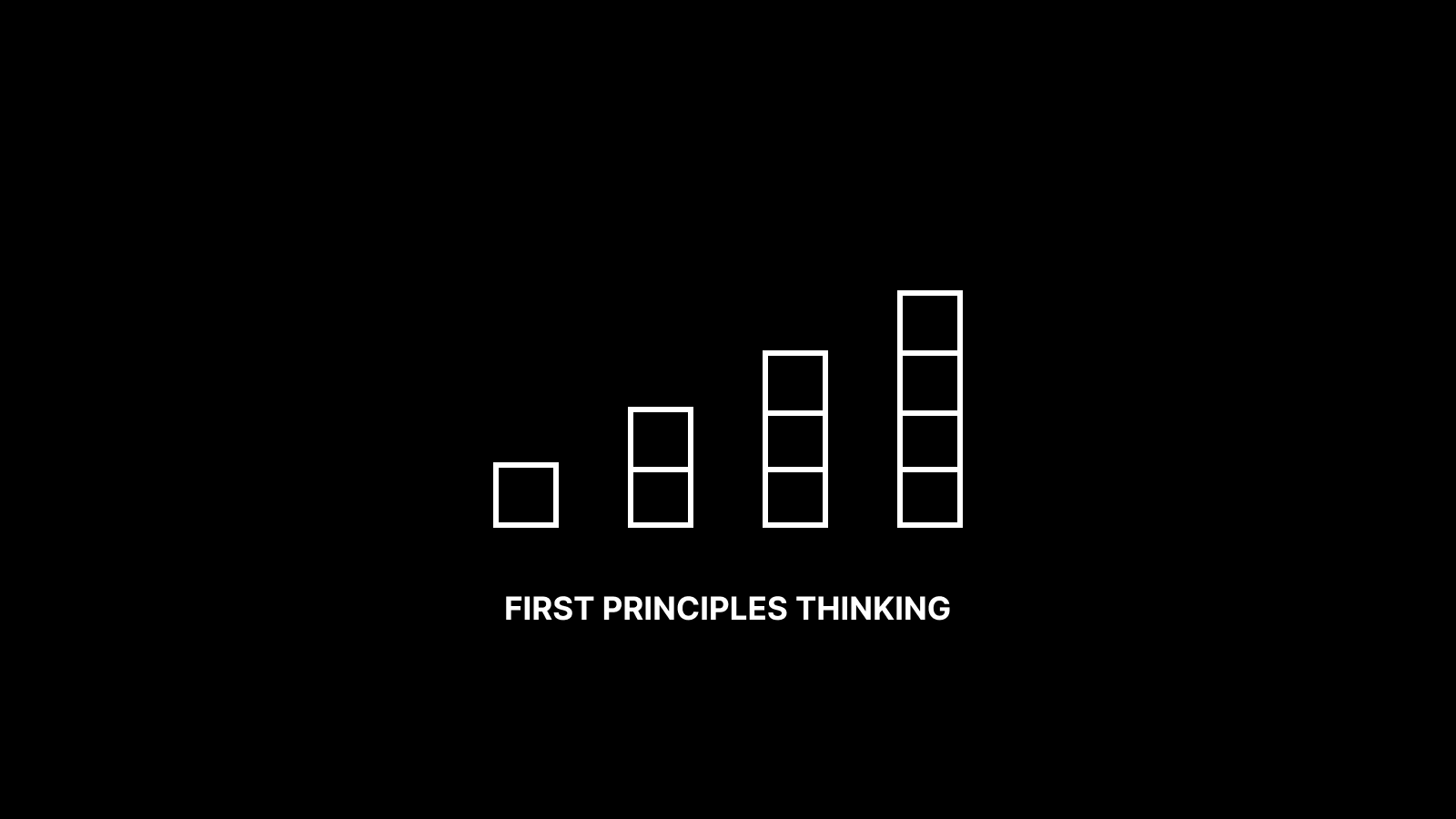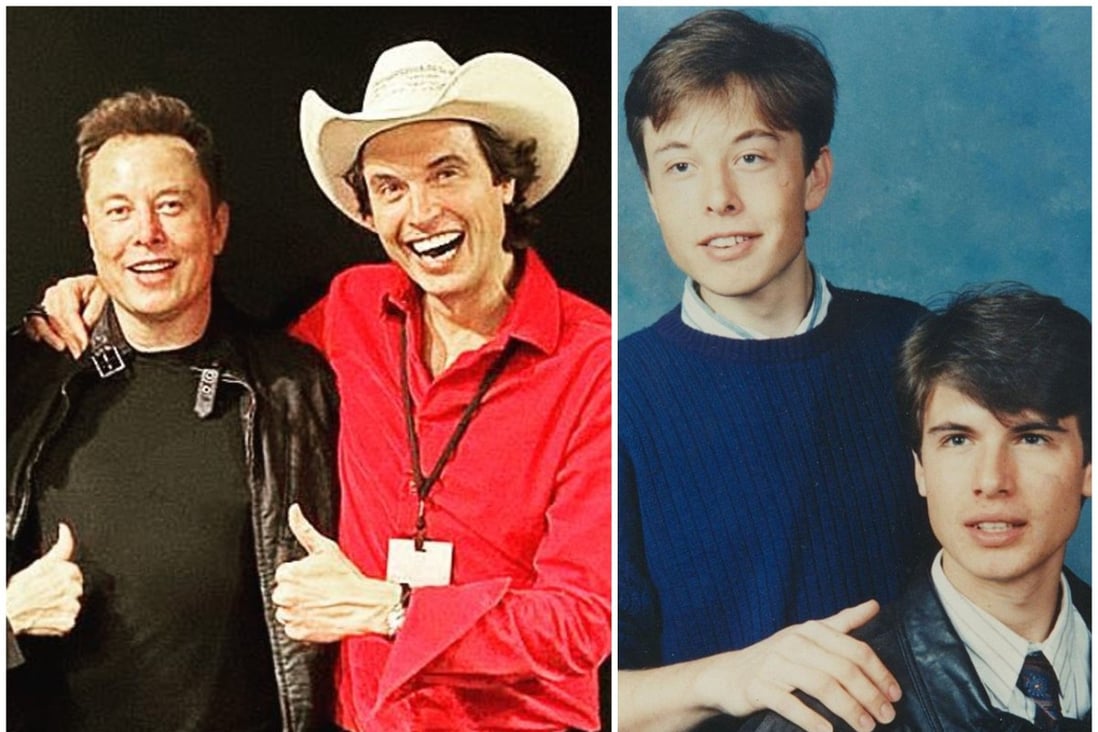Introduction to Zentrepreneurial Philosophy
Zentrepreneurship is a philosophy centered around mindful entrepreneurship. It encompasses the usage of holistic, innovative and intuitive thinking aligned with personal tranquillity and harmony. Elon Musk perhaps stands out among modern zentrepreneurs for his many ventures that have excelled humanity and his unique expressions of zen.

The Early Years: From Humble Beginnings to Zip2
Elon Musk was born in South Africa and showed a proclivity for computing from an early age. His first successful venture, Zip2, came out of his tenacious persistence, a hallmark of zentrepreneurship.
Elon Musk and brother Kimbal Musk in their teenage years.
Musk founded Zip2 in 1996 with his brother Kimbal, from a small office in Palo Alto. Despite financial hardships and immense scepticism, Musk chose not to allow limiting beliefs to cloud his vision. Embodying Zen's 'Shoshin' or 'beginner's mind', he challenged prevailing axioms in the software industry and successfully turned Zip2 into a profitable company. As he once stated, "When something is important enough, you do it even if the odds are not in your favour."
Question to consider: Can you identify incidents in your early years that have shaped your entrepreneurial journey?
The PayPal Epoch: Mastering the Art of Reinvention
Musk's involvement with PayPal took his First Principles Thinking and Zen philosophy to another level. When a proposed merger was met with resistance, Musk displayed a Zen-like calmness and focus. Drawing upon the Zen principle of 'Zanshin' — which means to remain fully aware, being present in the moment — Musk was able to stay open-minded, ultimately leading to the merger of X.com and Confinity, thus creating PayPal.
Reflecting the Zen mindset of adaptability, Musk said, "When the facts change, I change my mind. What do you do?". Musk visualized the potential of online payments, showing the zentrepreneural essence of 'vision beyond the convention.'
SpaceX and Tesla: Venturing into Uncharted Territory

The image above was taken in heliocentric orbit on February 6th, 2018 of Elon Musk's personal Tesla Roadster and a spacesuit mannequin, named "Starman", launched by SpaceX's Falcon Heavy rocket.
SpaceX was met with numerous setbacks before finally achieving success, as Musk tirelessly worked toward his vision of making space travel affordable. Similarly, with Tesla, Musk faced skepticism. Yet, he persisted and revolutionized electric vehicles industry—embodying the quintessential zentrepreneurial principle of 'transformative thinking.'
Question to consider: Is there an unchartered territory in your industry you dare to venture into?

Methodologies Incorporated by Elon Musk: 'First Principles Thinking' and Zen - The Path of Clarity and Enlightenment
A key methodology employed by Musk is 'First Principles Thinking,' a problem-solving strategy that involves breaking down complex problems into fundamental principles and building a solution from scratch.
Elon Musk stated, "It's important to reason from first principles rather than by analogy.” This principle of intuitive problem-solving forms the core of entrepreneurship.
First Principles Thinking is heavily influenced by principles of Zen philosophy. By emphasizing the necessity to question every assumption and returning to the fundamental truths or 'origin', both philosophies propose a unique problem-solving approach that embodies the genius and tranquillity of an 'empty-mind' - a Zen concept that refers to a clear, open state of mind, free from preconceptions.
Elon Musk, a notable proponent of First Principles Thinking, stated, "One bit of advice: it is important to view knowledge as sort of a semantic tree - make sure you understand the fundamental principles, i.e., the trunk and big branches before you get into the leaves/details or there is nothing for them to hang on to."
In terms of Zen philosophy, Musk's approach resonates well with one of Zen’s core teachings - Shoshin, or beginner’s mind. This refers to having an attitude of openness, eagerness, and lack of preconceptions when studying a subject, even at an advanced level, just as a beginner would.

Photo by Timothée Duran / Unsplash
Musk’s Use of First Principles Thinking and Zen in Entrepreneurship
When SpaceX was struggling to procure affordable rockets, Musk applied both First Principles Thinking and Zen's 'empty-mind' concept. Instead of buying completed rockets at exorbitant prices, he challenged the auto-presumed norms within the industry. Musk asked himself, “What is a rocket made of? Aerospace-grade aluminium alloys, plus some titanium, copper, and carbon fiber. Then, what is the value of those materials on the commodity market? It turned out that the materials cost of a rocket was around two percent of the typical price.”

Photo by Callum Hill / Unsplash
The Power of First Principles Thinking and Zen in Decision-making
Another example is Musk's decision to manage both SpaceX and Tesla. Despite severe scepticism and stress, using Zen's 'mu-shin' or 'mind without mind' approach, Musk remained fully present in each role. He managed to find equilibrium in the constant shifts between the two companies, demonstrating the power of clear thinking leading to precise decisions.
Musk's commitment to Zen ideas and First Principles thinking can guide aspiring entrepreneurs. Remember his words: "Somebody could say, ‘Battery packs are really expensive and that’s just the way they will always be… Historically, it has cost $600 per kilowatt-hour. It’s not going to be much better than that in the future.’ With First Principles, you say, ‘What are the material constituents of the batteries? What is the stock market value of the material constituents?’". This approach of questioning assumptions, and considering possibility over impossibility, aligns perfectly with Zen concepts, fostering mindful and transformative thinking in entrepreneurship.
Questions to consider: Are you questioning every assumption in your field? Do you use the 'empty-mind' approach to see beyond preconceived notions? Do you use the concept of 'mu-shin' for maintaining equilibrium amidst challenging situations?

Applying Elon Musk's Zentrepreneurial Strategies
Reflect on Musk's zentrepreneurial journey, and consider how to apply these strategies. Can you adopt a stronger vision? Can you practice more resilience and adaptability? Can you disrupt with innovative thinking?
Questions to consider: Which of Musk's zentrepreneurial strategies resonate the most with you? How can you apply these strategies to your venture?
In conclusion, Elon Musk’s entrepreneurial journey paints a compelling picture of zentrepreneurship—transforming traditional business principles to build a future from a vision, unafraid of the uncertainty and disruption that lay in the path. Learn to embrace risks and develop a long-term vision, and you can embark on your zentrepreneurial odyssey.
